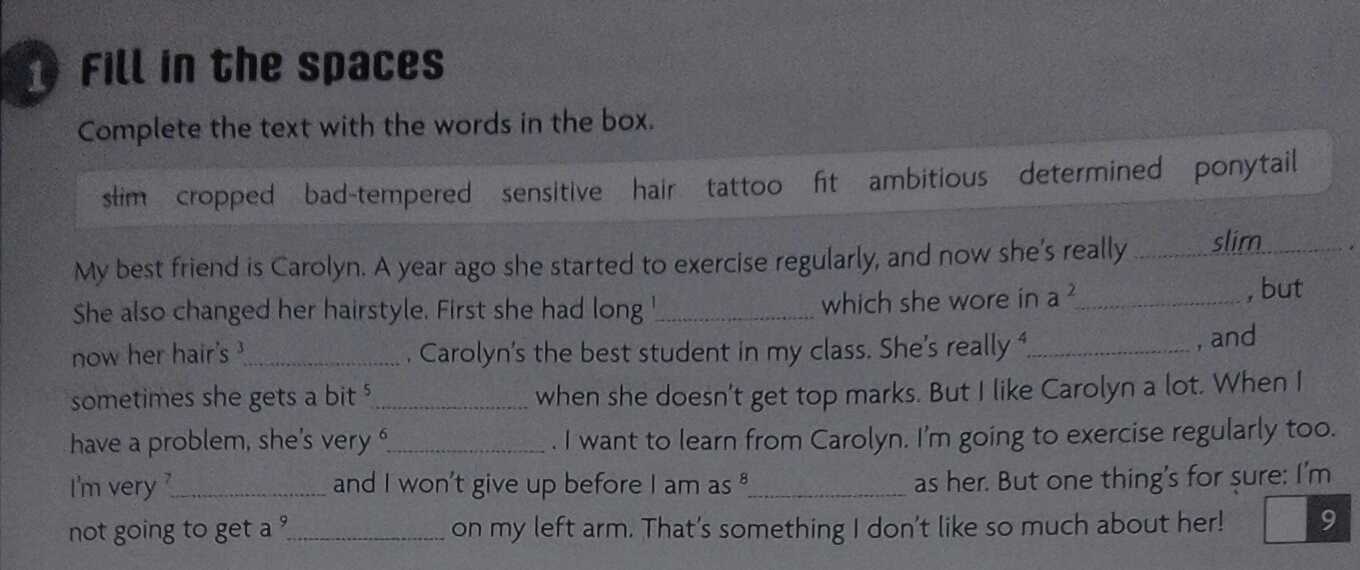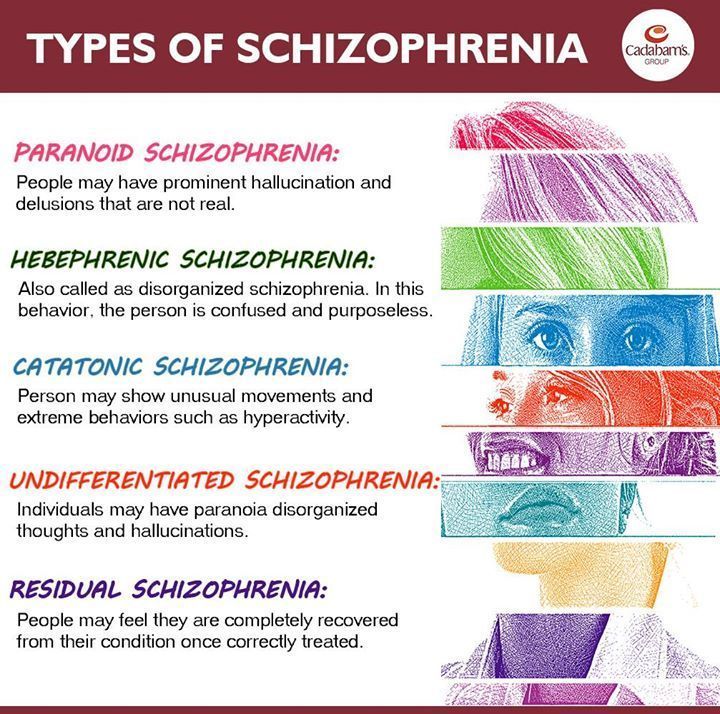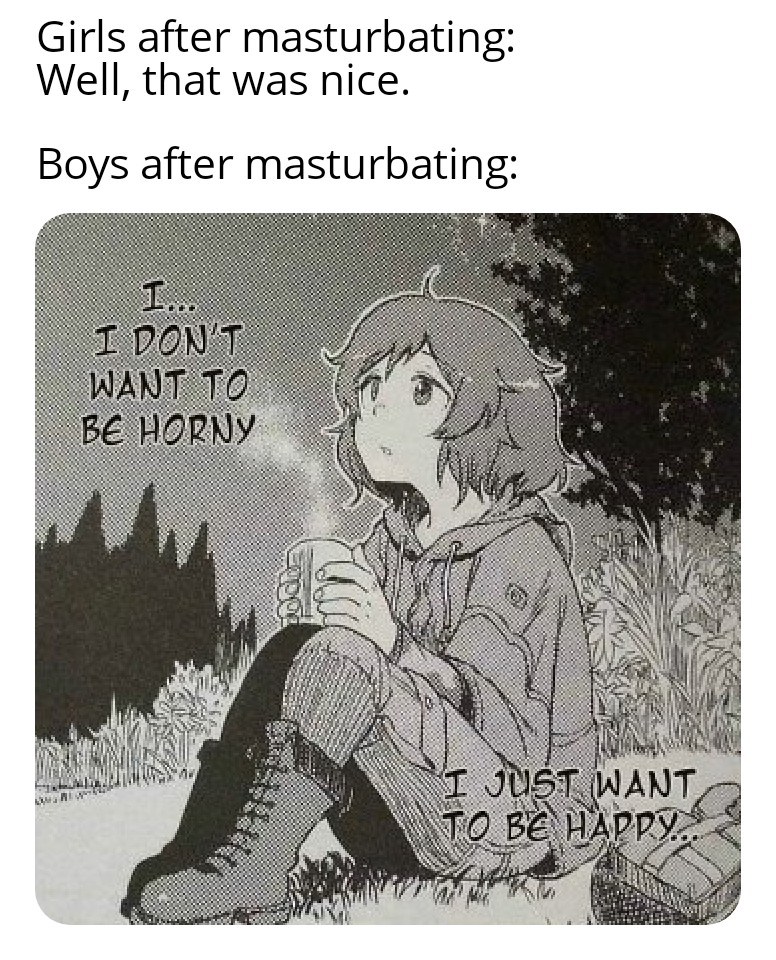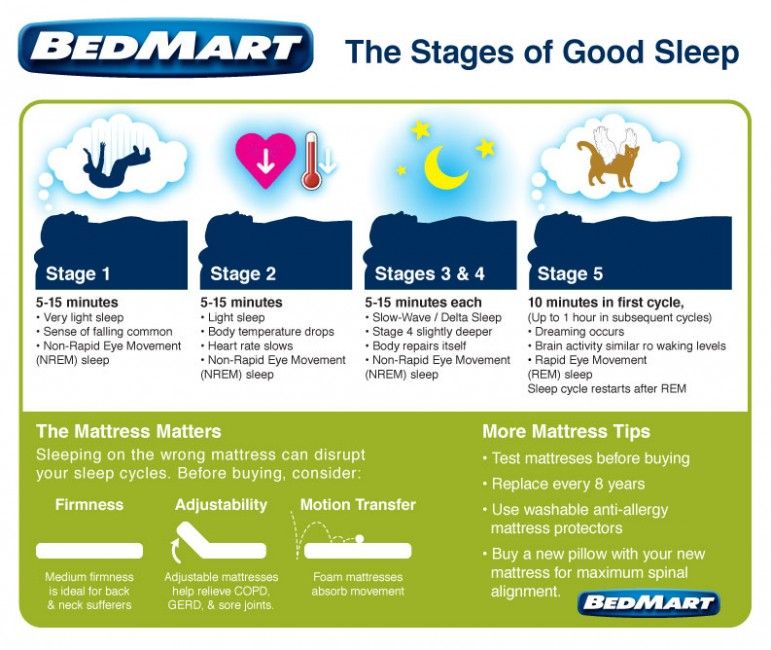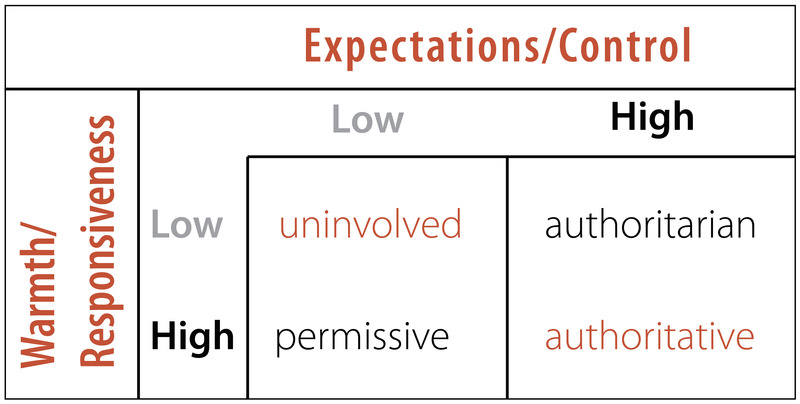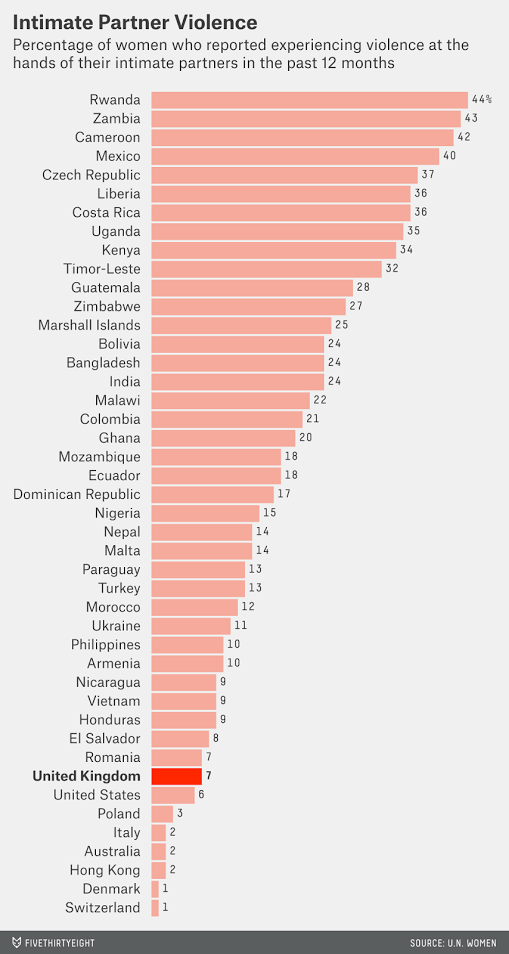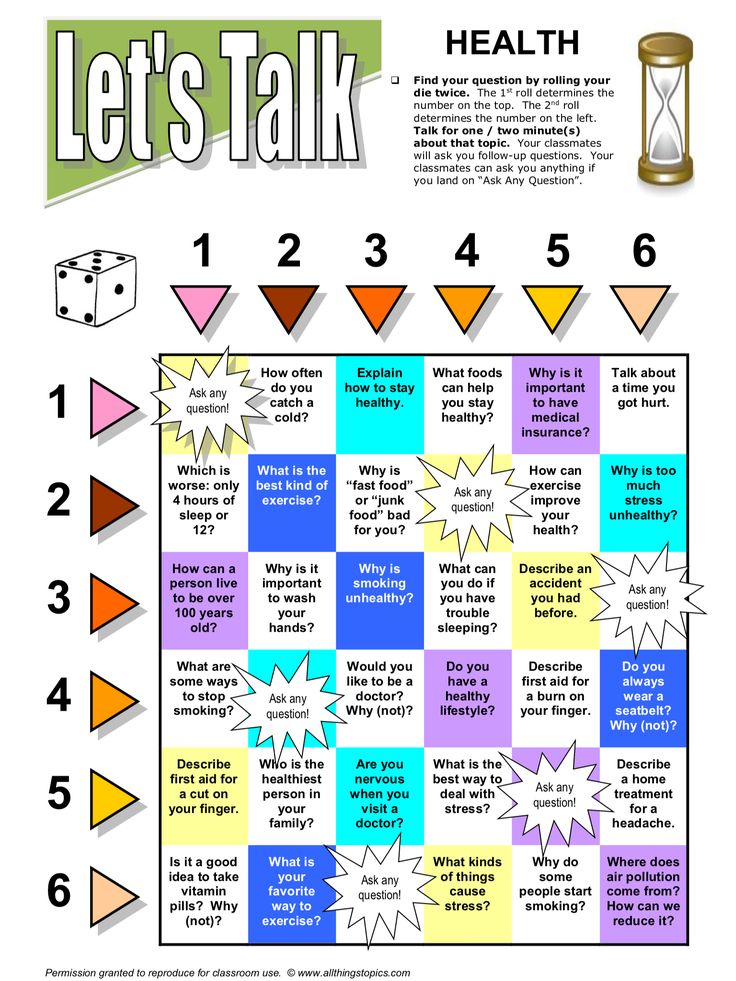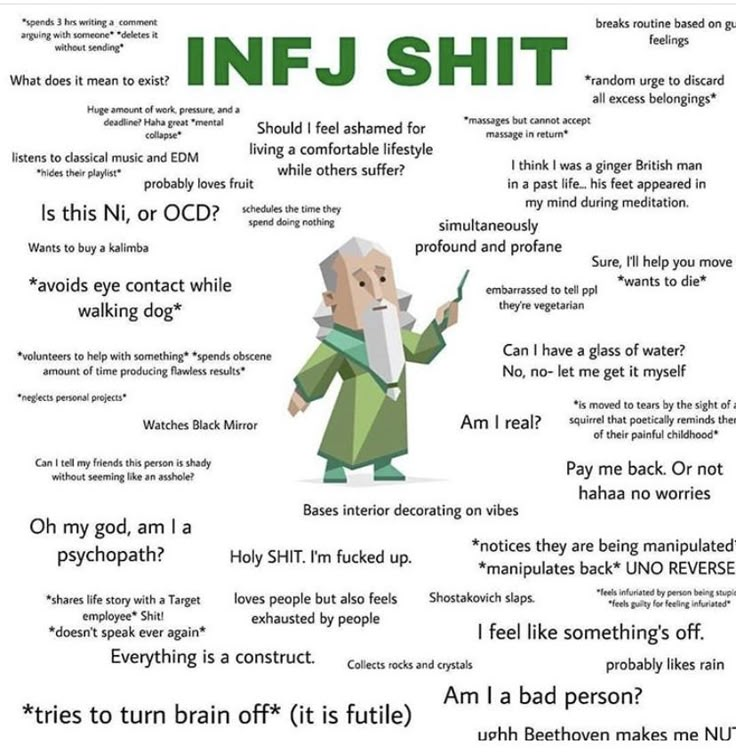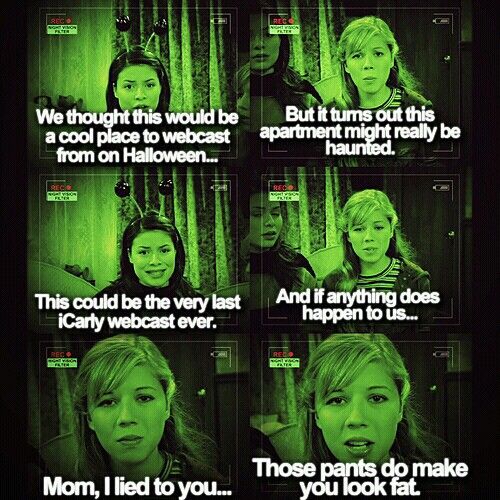Post holidays depression
Understanding Post-Holiday Depression and Blues
It’s the first full week of January, which means it’s back to reality and business as usual. For some, it’s a major relief. Even with all its good tidings and cheer, it’s a financially, physically, and emotionally demanding time of year. According to the National Alliance on Mental Illness, 64% of people report being affected by holiday depression, and it's most often triggered by financial, emotional, and physical stress of the season. But for others, coming down from the high after the ‘most wonderful time of the year’ (and the inevitable return to work) can bring on a bout of the post-holiday blues too.
What Are Post-Holiday Blues?
Also known as post-vacation syndrome, stress, or depression, this slump can hit hard after a period of intense emotion and stress. Post-holiday blues share many of the same characteristic symptoms of an anxiety or mood disorder: insomnia, low-energy, irritability, difficulty concentrating, and anxiousness.
But unlike clinical depression, the distress is short-lived rather than long-term. Though much greater attention is often given to depression that occurs during the holidays, the condition isn’t all that uncommon. So, what’s responsible for this glaring lack of post-holiday glow?
What Causes Post-Holiday Blues?
There’s relatively little research on the subject, but consensus among experts is that the adrenaline comedown is the main culprit. Princeton, NJ-based clinical psychologist Dr. Eileen Kennedy-Moore suggests that the abrupt withdrawal of stress hormones after a major event, be it a wedding, an important deadline, or the holidays, can have a profound impact on our biological and psychological well-being.
But that’s only one part of the equation. The contrast effect, a form of cognitive bias where perception of differences is enhanced or diminished as a result of exposure to something with similar characteristics, but different key qualities, is also at play.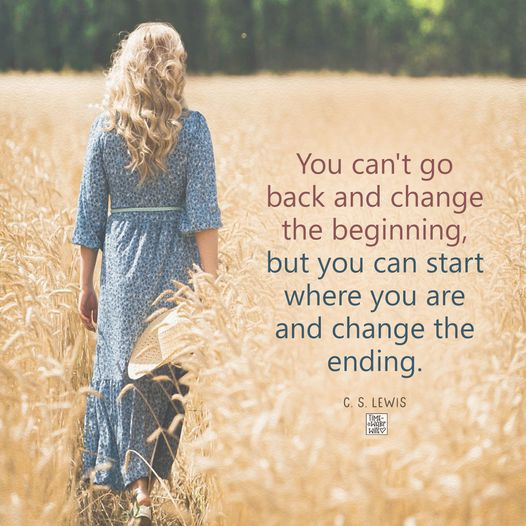 It’s essentially the brain’s way of trying to restore order while adjusting between markedly different experiences. And, half of the month of December is basically one big departure from your normal routine.
It’s essentially the brain’s way of trying to restore order while adjusting between markedly different experiences. And, half of the month of December is basically one big departure from your normal routine.
Unless you have a three-week vacation in August or some other big diversion during the year, the holidays may be the only time regular life is interrupted. Even if your holidays weren’t so merry and bright, the brain exaggerates the realities of day-to-day life, making the return to the mundane seem disproportionately more anxiety-inducing and depressing than it actually is.
Our Brain is Tricking Us
According to Dr. Melissa Weinberg, a research consultant and psychologist specializing in well-being and performance psychology, it’s a sign of healthy psychological functioning. “It’s just one of a series of illusions our brain fools us into believing, in the same way we think bad things are more likely to happen to others than they are to us. Somewhat ironically, the capacity to fool ourselves every single day is an indication of good mental and psychological functioning,” Weinberg explains in
The New Daily.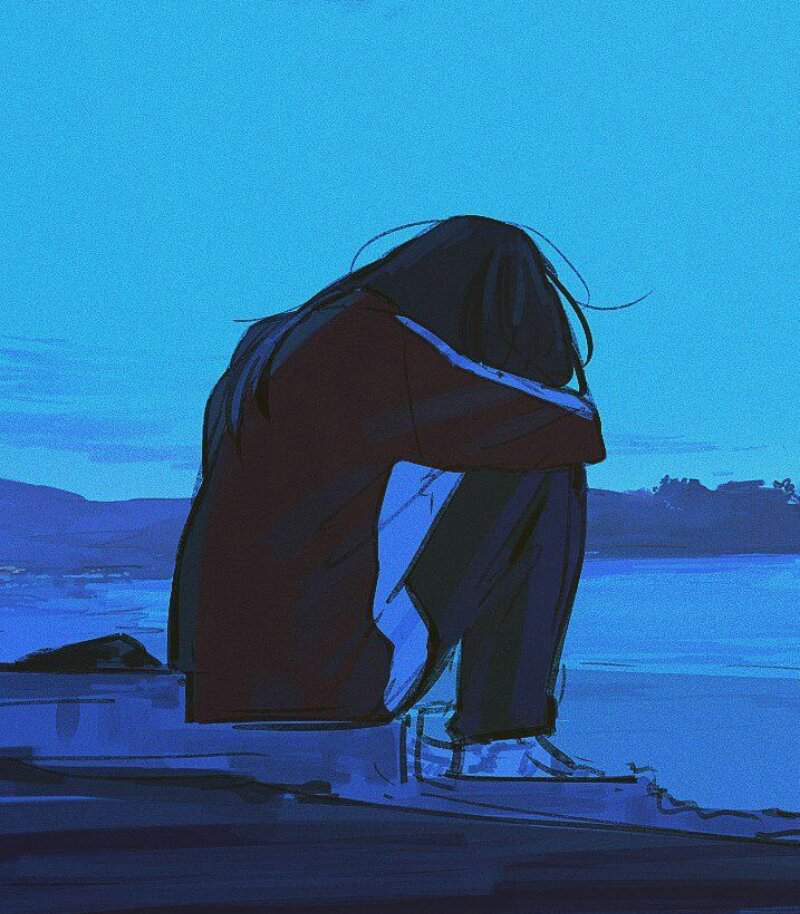
“So, whether we did enjoy our holiday, and whether we’d rather be on vacation than back at work, our brain is wired to make us believe that we did, or that we would. In doing so, we pay the emotional cost for a well-enjoyed break, and we experience a comedown toward our baseline of well-being.” In other words, you pay the same emotional toll for a crappy vacation as you do for an amazing one.
We’re Emotionally Exhausted
The considerable weight of navigating difficult situations and relationships and keeping your cool during the holiday events is another possible factor in post-holiday depression.
According to psychiatrist and author of “Thriving as an Empath,’ Dr. Judith Orloff, putting up a false front and feigning happiness can be incredibly draining.” This idea is shared by psychotherapist Dr. Richard O’Connor, who has a theory that we “arm” ourselves during the holiday period as a coping mechanism to deal with stress and difficult emotions and situations
Diet Plays A Role Too
The sugar and alcohol-fueled diets many of us thrive (or rather survive) on during the holiday period could also be a culprit.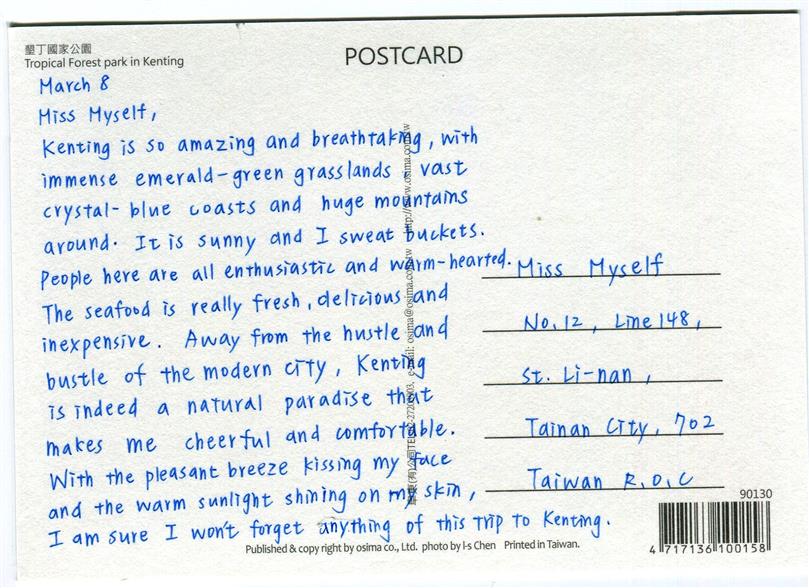 Alcohol is a widely recognized depressant and research has also linked junk food to depression. Unsurprisingly, after a near-month long period of overindulgence, we might not be feeling our best.
Alcohol is a widely recognized depressant and research has also linked junk food to depression. Unsurprisingly, after a near-month long period of overindulgence, we might not be feeling our best.
How Long Does Post-Holiday Depression Last?
This is going to be different for everyone. But if after awhile you still aren't looking forward to upcoming events, or you continue to remember the holidays with sadness rather than fondness, it's time to talk to a mental health professional.
According to the National Alliance on Mental Illness (NAMI), approximately 24% of people with a diagnosed mental illness find that the holidays make their condition “a lot” worse and 40% “somewhat” worse.”
The most difficult months for people with Seasonal Affective Disorder, a type of depression, in the United States tend to be January and February, according to the American Psychiatric Association. This can compound negative post-holiday feelings in the 5% of adults in the U.
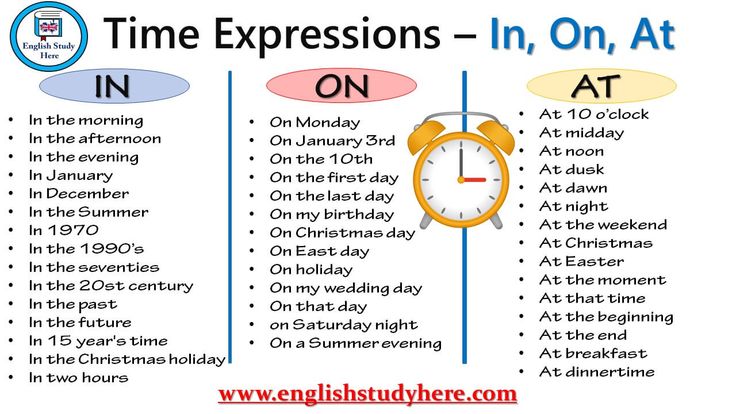 S. who experience SAD.
S. who experience SAD.While it is a myth that suicides increase around the holidays, a study published in 2014 in the Journal of Emergency Medicine found that New Year's Day was one of the times associated with the highest number of poison ingestions with suicidal intent.
How To Get Over Post-Holiday Blues
Working yourself out of a post-holiday funk requires putting some extra emphasis on the basics of physical and mental well-being and adjusting expectations:
Take care of yourself.Quality sleep, regular exercise, and a nutrient-dense diet—these healthy lifestyle cornerstones are recommended by experts to boost mood and manage depression symptoms. Between late-night festivities, sugary snacks and long to-do lists, these practices often fall to the wayside during the holiday season. Re-establishing them as a regular and non-negotiable fixture in your routine is essential for getting back on track if you’re struggling emotionally.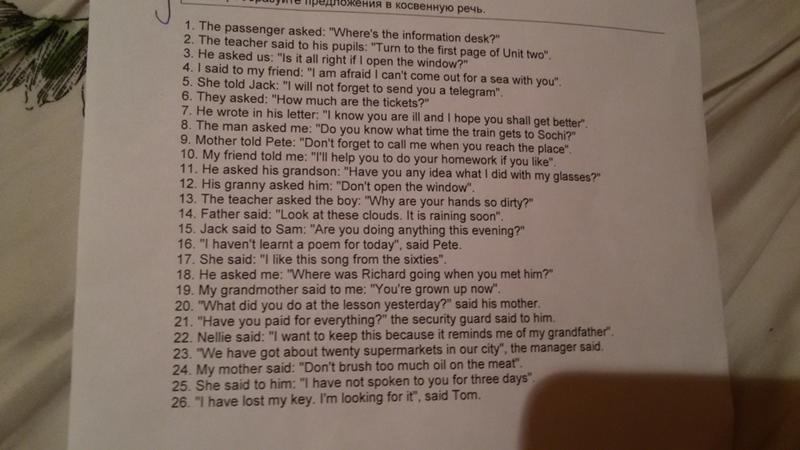
Social interaction is a critical component of enhanced well-being. Now that the holiday parties have petered out, an empty calendar might feel a bit depressing. Filling up your planner with activities you enjoy will give you something to look forward to and help keep contrast effect at bay. It’s easy to withdraw when you’re feeling down. Reaching out to and getting face time in with friends and other people you care about—even when you don’t feel like it—can also provide a much-needed boost.
Be patient and go easy on yourself.Post-holiday blues won’t stick around forever. In the meantime, cut yourself some slack. Don’t beat yourself up for feeling the way you do and take the time you need to find your footing. If symptoms do persist, consider consulting a specialist.
The contrast effect: The Journal of Abnormal and Social Psychology (1957). “Assimilation and contrast effects in reactions to communication and attitude change;” PLoS ONE (2012).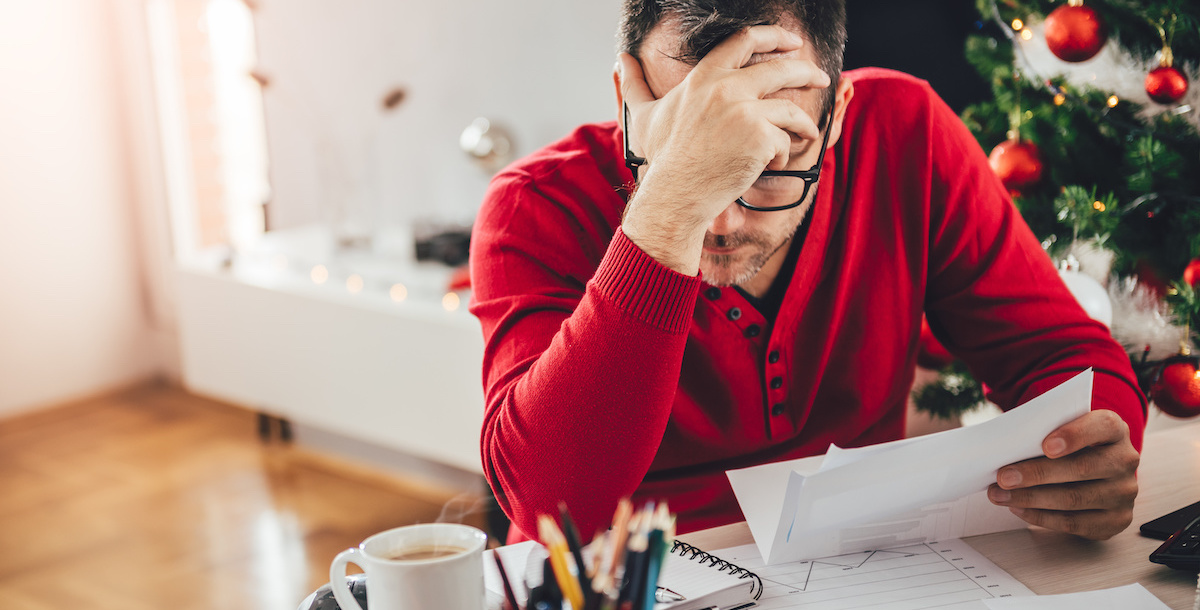 “Can Contrast Effects Regulate Emotions? A Follow-Up Study of Vital Loss Decisions.”
“Can Contrast Effects Regulate Emotions? A Follow-Up Study of Vital Loss Decisions.”
Sugar and depression: The American Journal of Clinical Nutrition (2015). “High glycemic index diet as a risk factor for depression: analyses from the Women’s Health Initiative.”
Emotional load of feigning happiness: Orloff, J. (2019). Thriving as An Empath. Social relationships and mental health: Journal of Health and Social Behavior (2010) “Social Relationships and Health: A Flashpoint For Health Policy.”
Notes: This article was originally published October 31, 2021 and most recently updated November 8, 2021.
Libby MacCarthy
Libby MacCarthy is a freelance writer based in Toulouse, France. She writes about everything from the climate to clothes. Her work has appeared in HuffPost, Men's Health, The DailyBeast, and Brit + Co.
Understanding Post-Holiday Depression and Blues
It’s the first full week of January, which means it’s back to reality and business as usual. For some, it’s a major relief. Even with all its good tidings and cheer, it’s a financially, physically, and emotionally demanding time of year. According to the National Alliance on Mental Illness, 64% of people report being affected by holiday depression, and it's most often triggered by financial, emotional, and physical stress of the season. But for others, coming down from the high after the ‘most wonderful time of the year’ (and the inevitable return to work) can bring on a bout of the post-holiday blues too.
For some, it’s a major relief. Even with all its good tidings and cheer, it’s a financially, physically, and emotionally demanding time of year. According to the National Alliance on Mental Illness, 64% of people report being affected by holiday depression, and it's most often triggered by financial, emotional, and physical stress of the season. But for others, coming down from the high after the ‘most wonderful time of the year’ (and the inevitable return to work) can bring on a bout of the post-holiday blues too.
What Are Post-Holiday Blues?
Also known as post-vacation syndrome, stress, or depression, this slump can hit hard after a period of intense emotion and stress. Post-holiday blues share many of the same characteristic symptoms of an anxiety or mood disorder: insomnia, low-energy, irritability, difficulty concentrating, and anxiousness. But unlike clinical depression, the distress is short-lived rather than long-term. Though much greater attention is often given to depression that occurs during the holidays, the condition isn’t all that uncommon.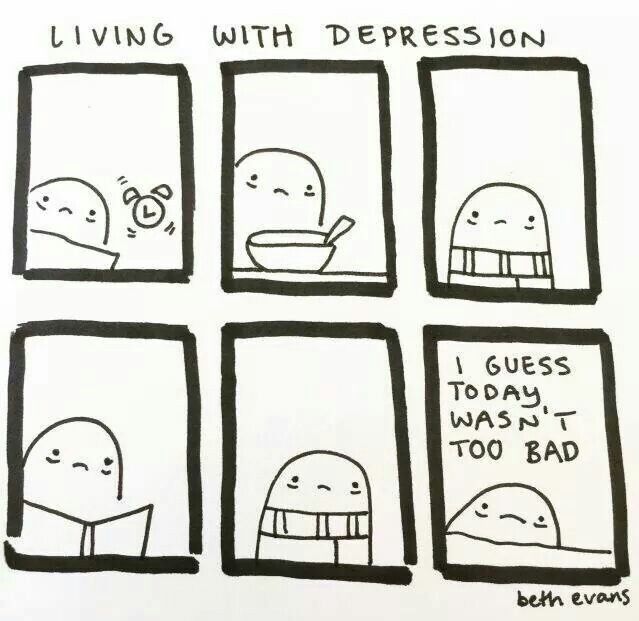 So, what’s responsible for this glaring lack of post-holiday glow?
So, what’s responsible for this glaring lack of post-holiday glow?
What Causes Post-Holiday Blues?
There’s relatively little research on the subject, but consensus among experts is that the adrenaline comedown is the main culprit. Princeton, NJ-based clinical psychologist Dr. Eileen Kennedy-Moore suggests that the abrupt withdrawal of stress hormones after a major event, be it a wedding, an important deadline, or the holidays, can have a profound impact on our biological and psychological well-being.
But that’s only one part of the equation. The contrast effect, a form of cognitive bias where perception of differences is enhanced or diminished as a result of exposure to something with similar characteristics, but different key qualities, is also at play. It’s essentially the brain’s way of trying to restore order while adjusting between markedly different experiences. And, half of the month of December is basically one big departure from your normal routine.
Unless you have a three-week vacation in August or some other big diversion during the year, the holidays may be the only time regular life is interrupted. Even if your holidays weren’t so merry and bright, the brain exaggerates the realities of day-to-day life, making the return to the mundane seem disproportionately more anxiety-inducing and depressing than it actually is.
Even if your holidays weren’t so merry and bright, the brain exaggerates the realities of day-to-day life, making the return to the mundane seem disproportionately more anxiety-inducing and depressing than it actually is.
Our Brain is Tricking Us
According to Dr. Melissa Weinberg, a research consultant and psychologist specializing in well-being and performance psychology, it’s a sign of healthy psychological functioning. “It’s just one of a series of illusions our brain fools us into believing, in the same way we think bad things are more likely to happen to others than they are to us. Somewhat ironically, the capacity to fool ourselves every single day is an indication of good mental and psychological functioning,” Weinberg explains in The New Daily.
“So, whether we did enjoy our holiday, and whether we’d rather be on vacation than back at work, our brain is wired to make us believe that we did, or that we would. In doing so, we pay the emotional cost for a well-enjoyed break, and we experience a comedown toward our baseline of well-being. ” In other words, you pay the same emotional toll for a crappy vacation as you do for an amazing one.
” In other words, you pay the same emotional toll for a crappy vacation as you do for an amazing one.
We’re Emotionally Exhausted
The considerable weight of navigating difficult situations and relationships and keeping your cool during the holiday events is another possible factor in post-holiday depression.
According to psychiatrist and author of “Thriving as an Empath,’ Dr. Judith Orloff, putting up a false front and feigning happiness can be incredibly draining.” This idea is shared by psychotherapist Dr. Richard O’Connor, who has a theory that we “arm” ourselves during the holiday period as a coping mechanism to deal with stress and difficult emotions and situations
Diet Plays A Role Too
The sugar and alcohol-fueled diets many of us thrive (or rather survive) on during the holiday period could also be a culprit. Alcohol is a widely recognized depressant and research has also linked junk food to depression. Unsurprisingly, after a near-month long period of overindulgence, we might not be feeling our best.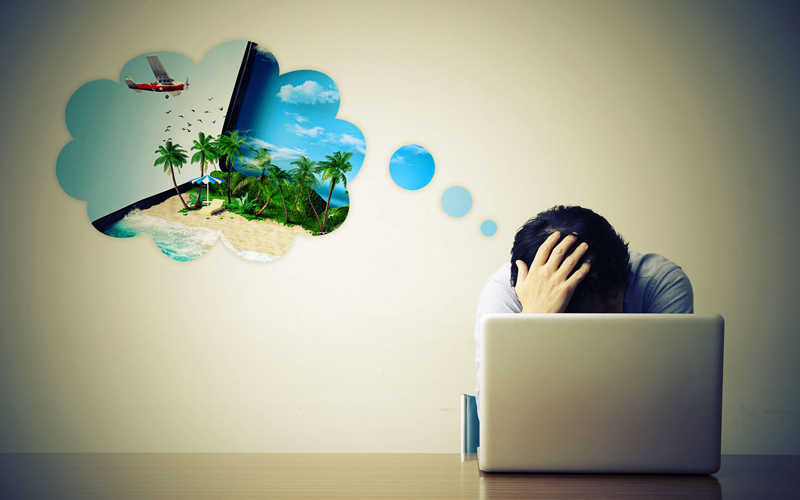
How Long Does Post-Holiday Depression Last?
This is going to be different for everyone. But if after awhile you still aren't looking forward to upcoming events, or you continue to remember the holidays with sadness rather than fondness, it's time to talk to a mental health professional.
According to the National Alliance on Mental Illness (NAMI), approximately 24% of people with a diagnosed mental illness find that the holidays make their condition “a lot” worse and 40% “somewhat” worse.”
The most difficult months for people with Seasonal Affective Disorder, a type of depression, in the United States tend to be January and February, according to the American Psychiatric Association. This can compound negative post-holiday feelings in the 5% of adults in the U.S. who experience SAD.
While it is a myth that suicides increase around the holidays, a study published in 2014 in the Journal of Emergency Medicine found that New Year's Day was one of the times associated with the highest number of poison ingestions with suicidal intent.
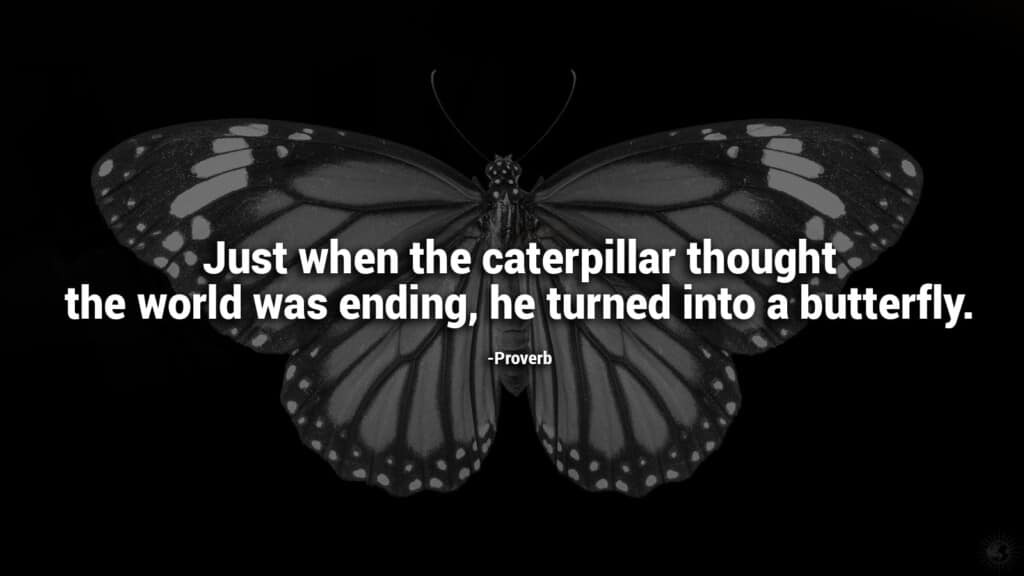
How To Get Over Post-Holiday Blues
Working yourself out of a post-holiday funk requires putting some extra emphasis on the basics of physical and mental well-being and adjusting expectations:
Take care of yourself.Quality sleep, regular exercise, and a nutrient-dense diet—these healthy lifestyle cornerstones are recommended by experts to boost mood and manage depression symptoms. Between late-night festivities, sugary snacks and long to-do lists, these practices often fall to the wayside during the holiday season. Re-establishing them as a regular and non-negotiable fixture in your routine is essential for getting back on track if you’re struggling emotionally.
Schedule time for fun.Social interaction is a critical component of enhanced well-being. Now that the holiday parties have petered out, an empty calendar might feel a bit depressing. Filling up your planner with activities you enjoy will give you something to look forward to and help keep contrast effect at bay.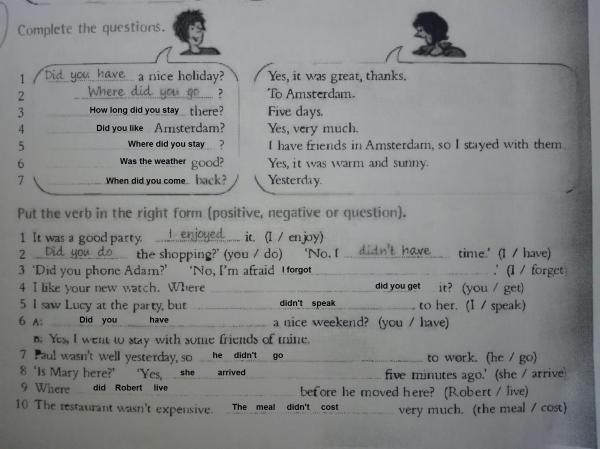 It’s easy to withdraw when you’re feeling down. Reaching out to and getting face time in with friends and other people you care about—even when you don’t feel like it—can also provide a much-needed boost.
It’s easy to withdraw when you’re feeling down. Reaching out to and getting face time in with friends and other people you care about—even when you don’t feel like it—can also provide a much-needed boost.
Post-holiday blues won’t stick around forever. In the meantime, cut yourself some slack. Don’t beat yourself up for feeling the way you do and take the time you need to find your footing. If symptoms do persist, consider consulting a specialist.
The contrast effect: The Journal of Abnormal and Social Psychology (1957). “Assimilation and contrast effects in reactions to communication and attitude change;” PLoS ONE (2012). “Can Contrast Effects Regulate Emotions? A Follow-Up Study of Vital Loss Decisions.”
Sugar and depression: The American Journal of Clinical Nutrition (2015). “High glycemic index diet as a risk factor for depression: analyses from the Women’s Health Initiative.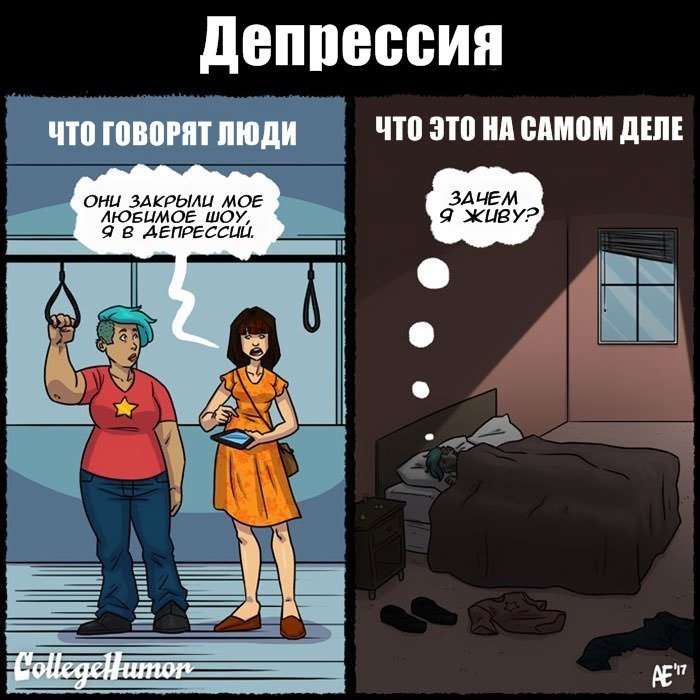 ”
”
Emotional load of feigning happiness: Orloff, J. (2019). Thriving as An Empath. Social relationships and mental health: Journal of Health and Social Behavior (2010) “Social Relationships and Health: A Flashpoint For Health Policy.”
Notes: This article was originally published October 31, 2021 and most recently updated November 8, 2021.
Libby MacCarthy
Libby MacCarthy is a freelance writer based in Toulouse, France. She writes about everything from the climate to clothes. Her work has appeared in HuffPost, Men's Health, The DailyBeast, and Brit + Co.
Post-New Year's depression » Pharmvestnik
This is a mass phenomenon, psychologists call it post-New Year's depression and advise you to take the decline in mood in the post-holiday period seriously. Because despondency and apathy, which in themselves are not pleasant sensations, can become the beginning of a real depression - a serious mental disorder that requires long-term treatment, often hospital. In addition, the state of post-New Year's depression reduces the body's resistance and contributes to its susceptibility to various infectious diseases. Influenza, SARS and other acute respiratory infections successfully attack people who have fallen into despair, they are more difficult, last longer and often cause complications. That is why, having felt that after the New Year life has become boring and dreary, that instead of desires there are only disappointments, you need to urgently take action.
In addition, the state of post-New Year's depression reduces the body's resistance and contributes to its susceptibility to various infectious diseases. Influenza, SARS and other acute respiratory infections successfully attack people who have fallen into despair, they are more difficult, last longer and often cause complications. That is why, having felt that after the New Year life has become boring and dreary, that instead of desires there are only disappointments, you need to urgently take action.
Let's look at why post-New Year depression occurs and how to deal with it.
Reason #1 - physiological
How many people think about sleep on New Year's Eve? Units. It is clear that New Year's Eve itself will be sleepless - it is impossible to fall asleep under the cheerful screams behind the wall or outside the window, even if you would like to. But before the holiday, and after it, most of us do not get enough sleep. Before - there is no time, there is so much to do, after - there seems to be time, but somehow not before sleep: you have to go to visit, and receive guests yourself, and go skiing, and take the children to the Christmas tree . The result is overwork from “rest”, you want to sleep, sleep and sleep, but there is no way to sleep, you already have to work. And if we add to the lack of sleep regular overeating, coupled with regular consumption of alcohol on holidays, as well as their consequences: a feeling of heaviness in the stomach and symptoms of general intoxication of varying severity - from mild nausea to vomiting, diarrhea, headache and dizziness, then obviously that a positive attitude in this state is unlikely. And, finally, solar starvation due to cloudiness, short daylight hours and the developed habit of falling asleep at dawn also creates a physiological basis for post-New Year depression.
The result is overwork from “rest”, you want to sleep, sleep and sleep, but there is no way to sleep, you already have to work. And if we add to the lack of sleep regular overeating, coupled with regular consumption of alcohol on holidays, as well as their consequences: a feeling of heaviness in the stomach and symptoms of general intoxication of varying severity - from mild nausea to vomiting, diarrhea, headache and dizziness, then obviously that a positive attitude in this state is unlikely. And, finally, solar starvation due to cloudiness, short daylight hours and the developed habit of falling asleep at dawn also creates a physiological basis for post-New Year depression.
Reason No. 2 – psychological
Psychologists believe that one of the main causes of post-New Year depression is an excess of expectations associated with both the holiday itself and the crossing of the milestone that it symbolizes. From childhood, we expect miracles and magic, amazing gifts and incredible events from the New Year.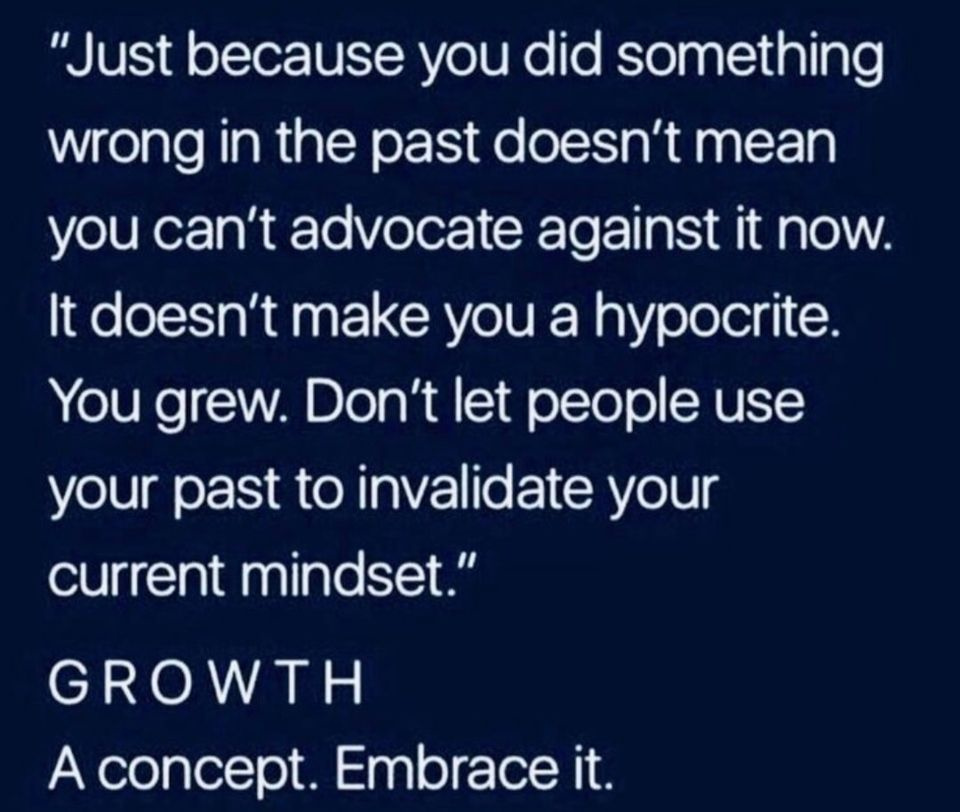 But often the anticipation of the holiday is brighter than the holiday itself. Emotional upsurge is replaced by a breakdown, the brightness of New Year's Eve is replaced by the dullness of the morning of the first day of the new year. The childish belief that all troubles will remain in the past year, and in the coming year all wishes will come true, is giving way to adult realism. And even if for some time it is possible to artificially maintain a degree of mood with the help of various entertainments and strong drinks, then sooner or later this comes to an end - and melancholy piles up. And the need to go to work after the already habitual idleness, the routine and routine of the work process complete the dull picture of the beginning of a new working year. Many add to their gloom by stepping on the scales and discovering that they will now have to starve for a month or more to get in shape. Some sadly understand that they will have to starve for other reasons - the wallet was empty during the holidays, and oh, how far it is to pay.
But often the anticipation of the holiday is brighter than the holiday itself. Emotional upsurge is replaced by a breakdown, the brightness of New Year's Eve is replaced by the dullness of the morning of the first day of the new year. The childish belief that all troubles will remain in the past year, and in the coming year all wishes will come true, is giving way to adult realism. And even if for some time it is possible to artificially maintain a degree of mood with the help of various entertainments and strong drinks, then sooner or later this comes to an end - and melancholy piles up. And the need to go to work after the already habitual idleness, the routine and routine of the work process complete the dull picture of the beginning of a new working year. Many add to their gloom by stepping on the scales and discovering that they will now have to starve for a month or more to get in shape. Some sadly understand that they will have to starve for other reasons - the wallet was empty during the holidays, and oh, how far it is to pay.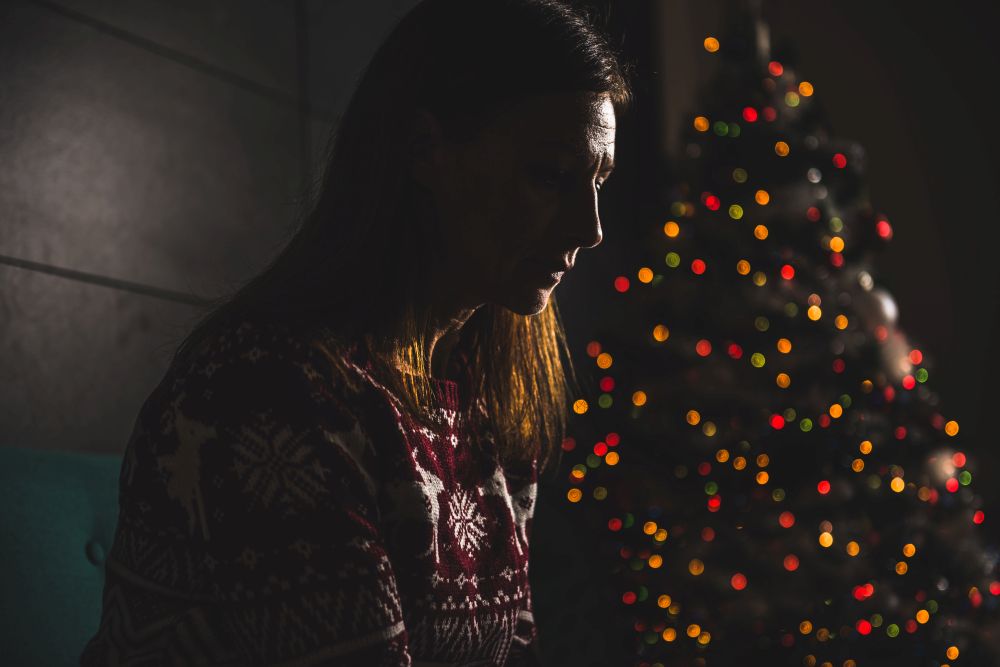 Well, how can you not get depressed?
Well, how can you not get depressed?
Reason No. 3 – specific
Unlike the majority of the country's population, pharmacists do not celebrate the New Year for long - pharmacies have to work on vacations, and some even on New Year's Eve. On the one hand, this is even good - fewer feasts, less stress on the body, and the usual rhythm is not disturbed. On the other hand, working when the whole country is celebrating and having fun is doubly difficult psychologically. Moreover, on holidays the flow of visitors not only does not dry out, but sometimes it becomes more than usual - remedies for a hangover, indigestion, poisoning are in demand more than ever, various dressings, drugs for treating injuries, as well as standard "seasonal medicines" are also in demand. » products: medicines for colds and flu, runny nose, sore throat, cough, etc. And if on ordinary working days you can predict the daily load and predict when there will be an influx of visitors and when not, then the New Year holidays are an unpredictable time. In addition, you never know what kind of visitor is approaching the checkout: it can be a drunk person, inadequate in his behavior, or tired of long celebrations, depressed and therefore irritable and capricious dear ones do not help, and will leave without buying anything, but ruining an already not very good mood.
In addition, you never know what kind of visitor is approaching the checkout: it can be a drunk person, inadequate in his behavior, or tired of long celebrations, depressed and therefore irritable and capricious dear ones do not help, and will leave without buying anything, but ruining an already not very good mood.
What to do?
Of course, it would be better to prevent the New Year's depression. For this, all you need is: get enough sleep on the eve of the holidays and not stay up until the morning at the New Year's table, try to enter the mode from January 2 (i.e. sleep at night and at least 8 hours), if possible, rest after skiing on skiing, sledding, snowboarding, skating not at a set table or bar, but in bed, not overeating and controlling the consumption of alcoholic beverages, learn to enjoy what you have and not expect everything to change as if by magic, plan a vacation for the post-holiday days and spend it with health benefits, but ... We all know that although it is easier to prevent a problem or illness than to deal with it later, in reality it often turns out to be an overwhelming task. So, what to do if it was not possible to avoid all this and we are already “enjoying” the whole bouquet of the consequences of the New Year's fun and seeing life in a black light?
So, what to do if it was not possible to avoid all this and we are already “enjoying” the whole bouquet of the consequences of the New Year's fun and seeing life in a black light?
First of all, you need to improve digestion, if it is disturbed, with the help of enzymes, if necessary, clean the intestines from toxins with the help of enterosorbents and help the liver recover after hard New Year's work with the help of hepatoprotectors. By the way, you can advise visitors with traces of stormy celebration on their faces and signs of “post-New Year depression” to do the same.
You should dedicate the next day off to yourself and only yourself, get a good night's sleep and spend the day the way you want. Each person needs something different to restore strength - someone to lie in bed all day, someone just needs to do no housework, someone only rests at their mother's house, someone - in front of the TV. Allow yourself at least one weekend to rest as the soul requires, and not circumstances, duty or family members.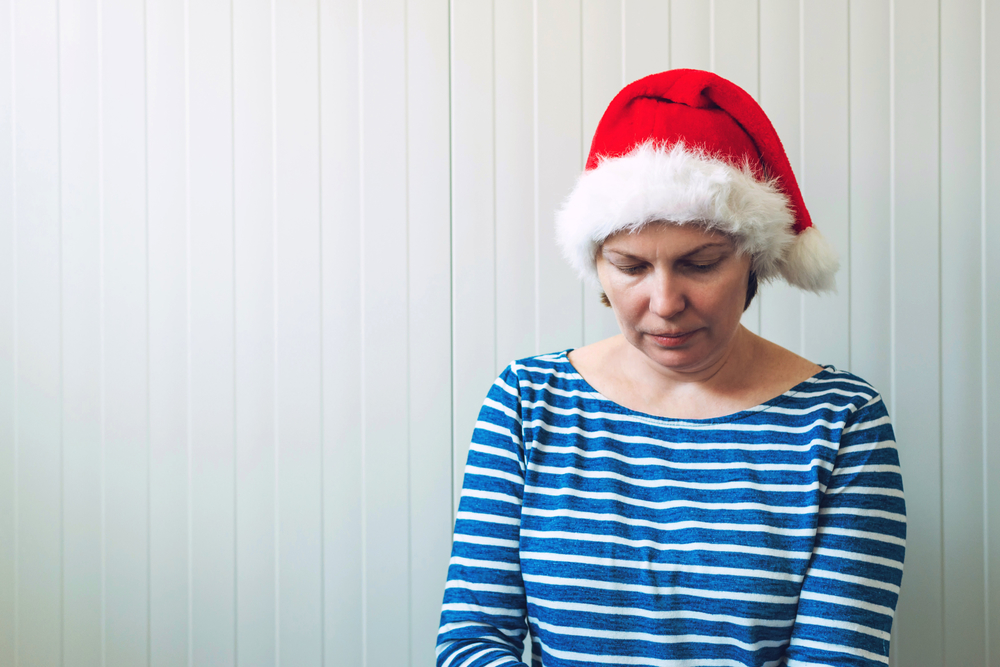
Learn to relax at work too. To do this, you need, firstly, every hour to close your eyes for five minutes and completely disconnect from thoughts about work, family, problems, plans, etc., focusing on your own feelings. For example, you can focus on your fingers or toes, or even on any one finger, feel your shoulders, eyes or even ears.
Second, try to change your occupation from time to time during the working day. For example, after standing for some time at the cash register, it is useful to walk between the shelves and shop windows, fix something, put things in order, and then sit at the computer or fill out a defective notebook.
The consequences of excessive expectations can be dealt with by taking on the role of a wish-granting wizard. Write down on a piece of paper what you would like to achieve in the coming year. However, since a beginner wizard still has a lot to learn, make three wishes that are feasible for an average wizard. Desires must be formulated as if they have already been fulfilled, i. e. in the present tense, for example, “I work as a manager. department" or "I have a car of such and such a brand." Hang your wish list in a well-lit place in the apartment where you spend a lot of time or pass by often - above your desk, above the kitchen sink, on the refrigerator, etc. Believe that by next year, even a novice wizard will definitely master at least one desire.
e. in the present tense, for example, “I work as a manager. department" or "I have a car of such and such a brand." Hang your wish list in a well-lit place in the apartment where you spend a lot of time or pass by often - above your desk, above the kitchen sink, on the refrigerator, etc. Believe that by next year, even a novice wizard will definitely master at least one desire.
It is also very useful to remember what we managed to do last year. Write down your last year's achievements (everything, even small and insignificant) on a separate piece of paper and hang it next to the first one. If suddenly it seems to you that you cannot cope with the work of a wizard, look at the second sheet - and you will understand that you can do a lot.
Appreciate what you have, rejoice in what you have achieved, and set achievable goals for yourself. And everything will work out like magic. And no depression will be terrible for you!
Post-holiday depression
Where did it come from, why did it take root, and how can I get rid of it now?
Tags:
Proper nutrition
New Year 2014
If the song of the group "Accident" with the telling name "From the first to the thirteenth" has not yet made it to your playlist, and you have neither the strength nor the desire to shout "go away" to Grandfather Frost, it's time to sound the alarm.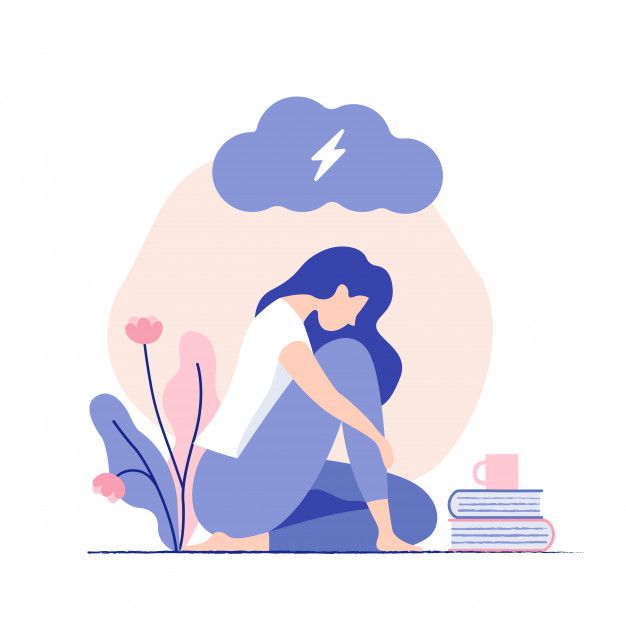 It is likely that post-holiday depression has crept up on you.
It is likely that post-holiday depression has crept up on you.
You felt sad during the holidays. The number of the seventh, when you suddenly realized that it's still a day ... and that's it. And with the return from the guests / warm countries / country residence to the native house and to work, it became completely dreary. You look with undisguised envy at your cheerful, rested and refreshed colleagues and neighbors over the holidays. Their satisfied faces make you think: why is everything wrong with you?
Lost illusions
Two weeks before the New Year, you began to expect a miracle. I bought a beautiful dress and expensive shoes, thought out a hairstyle and make-up, decided where and with whom you would celebrate... On December 31, you woke up in full confidence that a miracle would happen tonight. But something went wrong. The object of your sighs went to another party, your best friend got sick, your shoes rubbed terribly, and you never received your dream gift.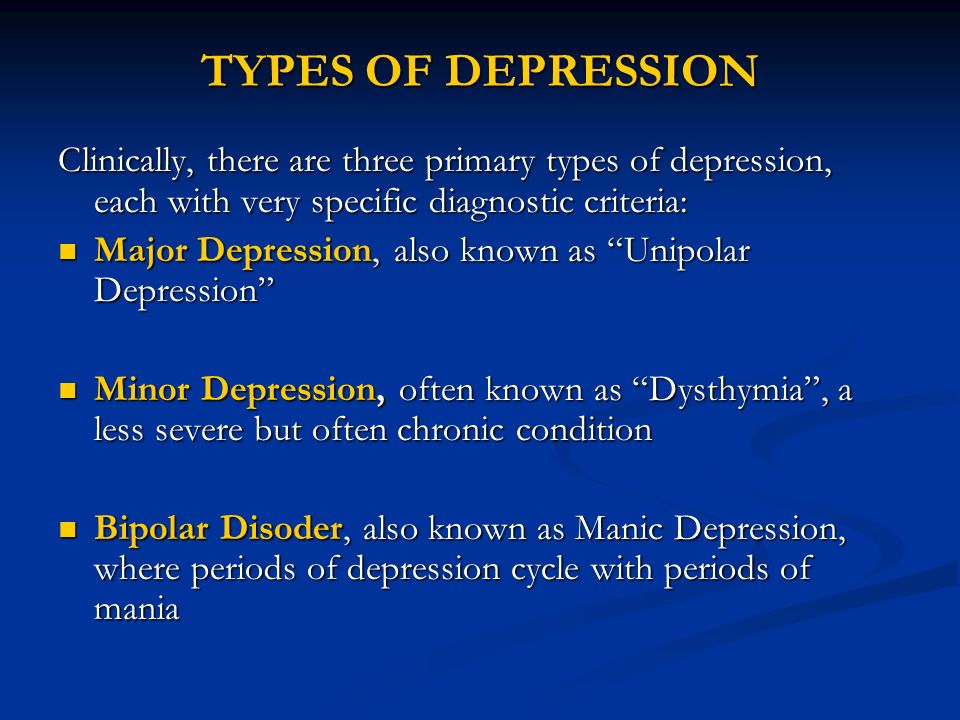 In general, with the 12th strike of the chimes, your carriage turned into a pumpkin, and your dreams crumbled along with festive confetti.
In general, with the 12th strike of the chimes, your carriage turned into a pumpkin, and your dreams crumbled along with festive confetti.
ADVERTISING - CONTINUED BELOW
What to do? The main thing is not to give up. Remember that miracles happen not only on New Year's Eve. You will definitely be lucky, because there are so many days ahead! Stop being upset and scolding yourself for the fact that everything did not work out quite (or not at all) according to your plan. Sometimes fate throws us unexpected scenarios. Take it for granted and move on.
Not enough!
Your New Year holidays were stormy. You went to visit, to the skating rink, to shops and to the cinema. Every day from morning to evening was filled with fun activities and joyful events. There was absolutely no time to be bored. In short, the holidays went well. But not enough. After all, you didn’t have time to visit that interesting exhibition, and you didn’t manage to see all your girlfriends. And ahead of this routine again! And when will you be able to relax and have fun now?
After all, you didn’t have time to visit that interesting exhibition, and you didn’t manage to see all your girlfriends. And ahead of this routine again! And when will you be able to relax and have fun now?
What to do? A person who knows how to spend every day of the holidays so that later there is something to remember should not be familiar with the word "routine" at all. And we are sure: it is so! It’s just that on weekdays you get more tired or more lazy. So it seems to you that you don’t have time for entertainment at all. In fact, it probably exists, you just need to learn how to plan things and rationally build your schedule. And then you will have a holiday every day!
Eeyore donkey
These New Year holidays are absolutely nothing to remember for you. Exactly like the previous ones. And the year before. And in general, you are already tired of lying on the couch, and it’s not at all a pity that the holidays are over.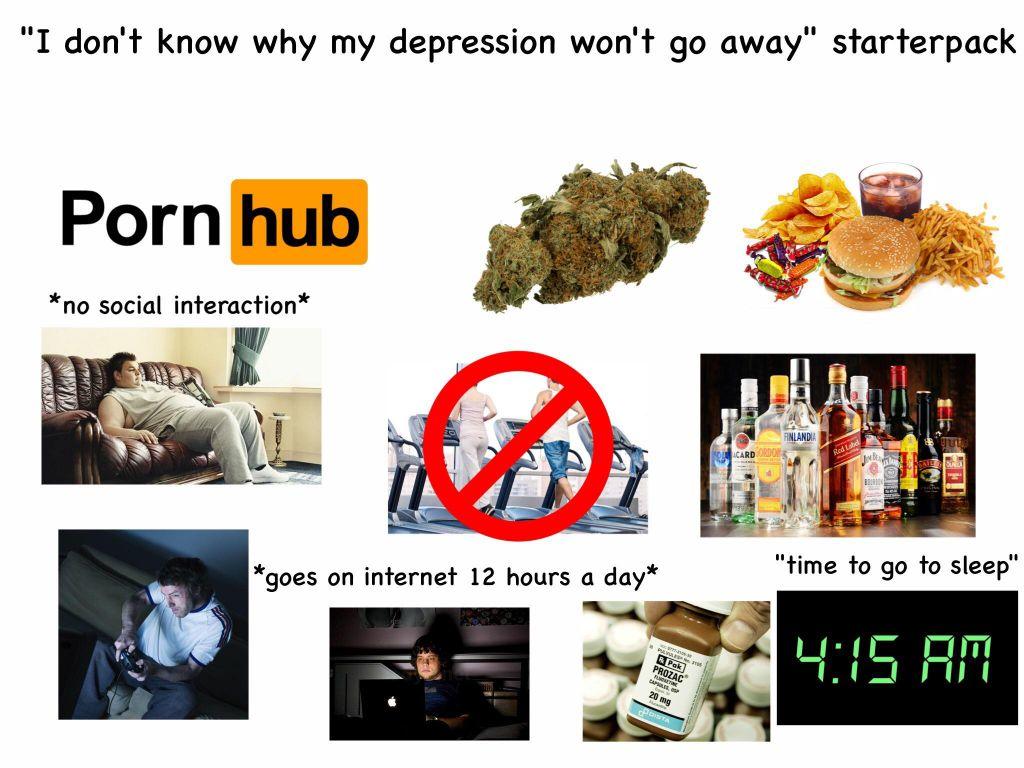 But the mood is still lousy. You look around with one single thought: when will they finally take off all this stupid tinsel?!
But the mood is still lousy. You look around with one single thought: when will they finally take off all this stupid tinsel?!
What to do? You don't have post-holiday depression. You're just in a bad mood. And the holidays only make it worse. You don't like that everyone around is rejoicing and having fun, and you are sitting at home and killing time. You scold yourself for inaction, but year after year you step on the same rake. We do not know why you are doing this, but we sincerely hope that the situation can be corrected. The next holidays are already in March! Don't miss them.
General advice
Most of us experience post-holiday depression to a greater or lesser degree. It’s just that on a subconscious level we don’t like that all good things end quickly. Here we are moping. Basically, for no reason. You can cope with the blues not only with the help of self-persuasion, but also in completely mechanical ways:
- proper nutrition. Unload your body after the holidays. Eat more vegetables and fruits, drink water, green tea and grapefruit juice. Alcohol dehydrates the body, so after the holidays feel free to lean on healthy liquids.
Unload your body after the holidays. Eat more vegetables and fruits, drink water, green tea and grapefruit juice. Alcohol dehydrates the body, so after the holidays feel free to lean on healthy liquids.
- yoga and meditation. This is a proven way to find harmony with yourself. Ancient practices can get rid of any depression. Post-holiday is no exception.
- healthy sleep. Many of us do not rest on holidays, but only load our body more. And this is connected not only with food, but also with an unusual way of life: we sleep until dinner, go to bed late at night, and even in the morning. Getting out of this state is not easy. At least the first days after the holidays, try to be in the air more often. This will help your biological clock get back to normal faster.
- water procedures. Contrast showers and herbal baths are especially good in winter. They increase not only mood, but also immunity.